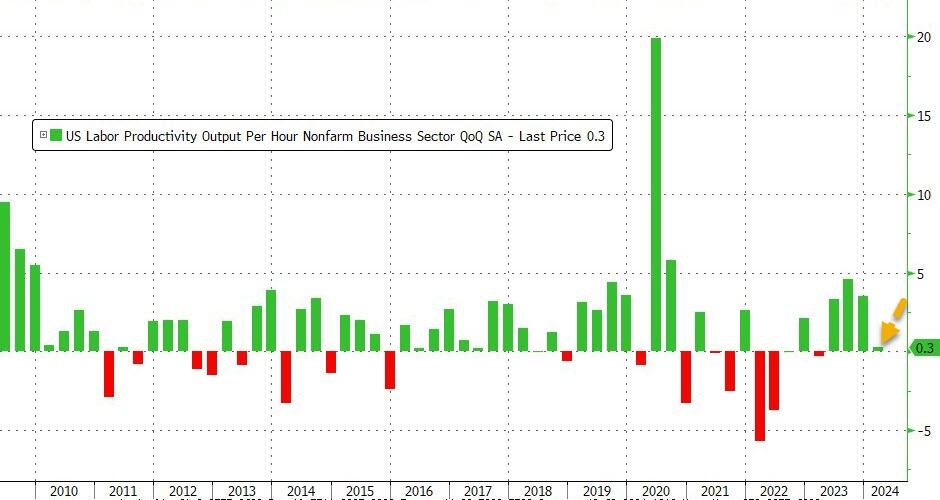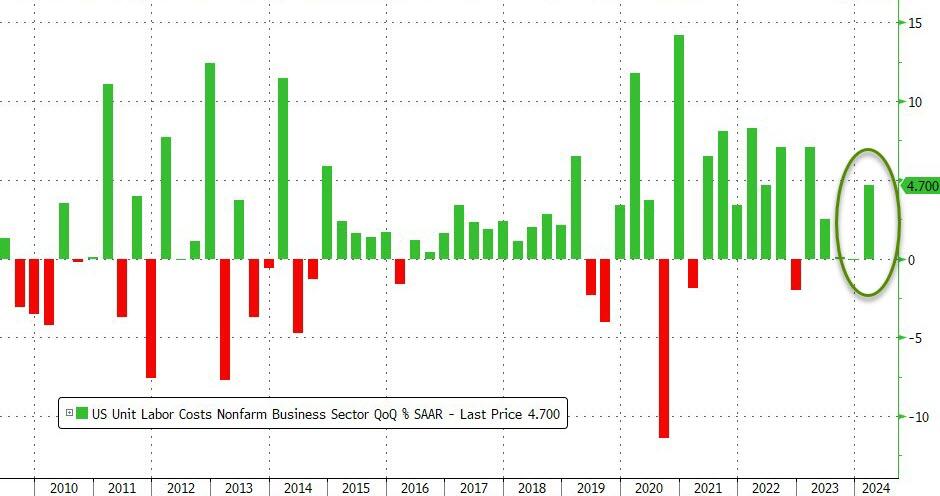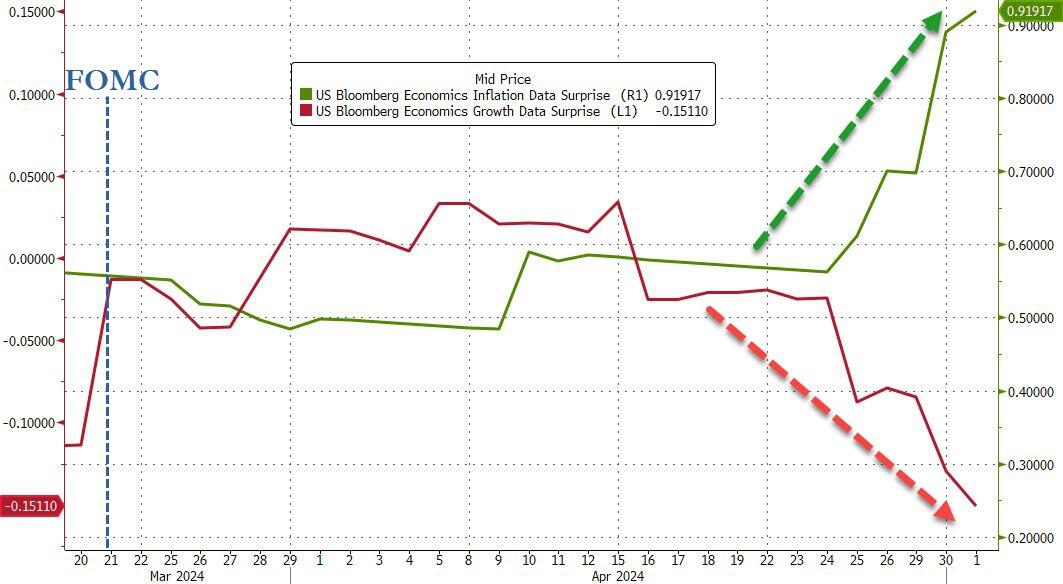Regeneron Pharmaceuticals reported first-quarter 2024 financial results Thursday that missed consensus Wall Street expectations for earnings and revenue.
Analysts expected Regeneron to earn $10.18 per share and report $3.23 billion in sales in the quarter. However, the company’s Q1 adjusted earnings came in at $9.55 per share with $3.15 billion in sales.
Soft sales of its blockbuster eye drug—developed with Bayer—also missed expectations, which Regeneron said was caused by a $40 million cut in inventory and changing market dynamics. In Q1, the company posted $1.4 billion in Eylea sales, a 2% drop compared to the $1.43 billion generated in the same period in 2023 and falling short of Wall Street estimates of $1.86 billion.
A new, higher dose (HD) version contributed $200 million to total sales. Analysts forecast that Eylea HD will gain market share over standard dose in the next year.
With its exclusivity originally set to expire this year, Regeneron fended off Eylea biosimilars with a court ruling that extended its patent to June 2027. However, Roche’s Vabysmo has been growing market share since its 2022 FDA approval. The competitor’s eye drug brought in sales of $927 million in the first quarter of 2024.
“We are well positioned to continue our leadership in retinal diseases,” Regeneron CEO Leonard Schleifer said in a statement.
Regeneron reported Q1 sales of its Sanofi-partnered asthma drug Dupixent of $3.08 billion, short of analyst expectations of $3.19 billion. However, it still represented a 24% growth rate versus the same period in 2023.
Regeneron’s oncology portfolio is steadily gaining ground with its skin cancer drug. Global sales of Libtayo grew 49% in Q1 to $264 million compared to the same quarter last year with $177 million. The company’s cholesterol injection Praluent saw 75% growth to $70 million in the most recent quarter.
Total net product sales came in at $1.76 billion, growing 6% compared to Q1 2023 sales of $1.67 billion.
Regeneron’s board has approved a $3 billion share buyback program, on top of a $1.2 billion buyback program announced in March 2024.
The repurchase program provides Regeneron with “additional flexibility to continue returning capital to shareholders over time,” CFO Christopher Fenimore said in a statement.
https://www.biospace.com/article/regeneron-misses-q1-earnings-on-lower-than-expected-eylea-sales-/


